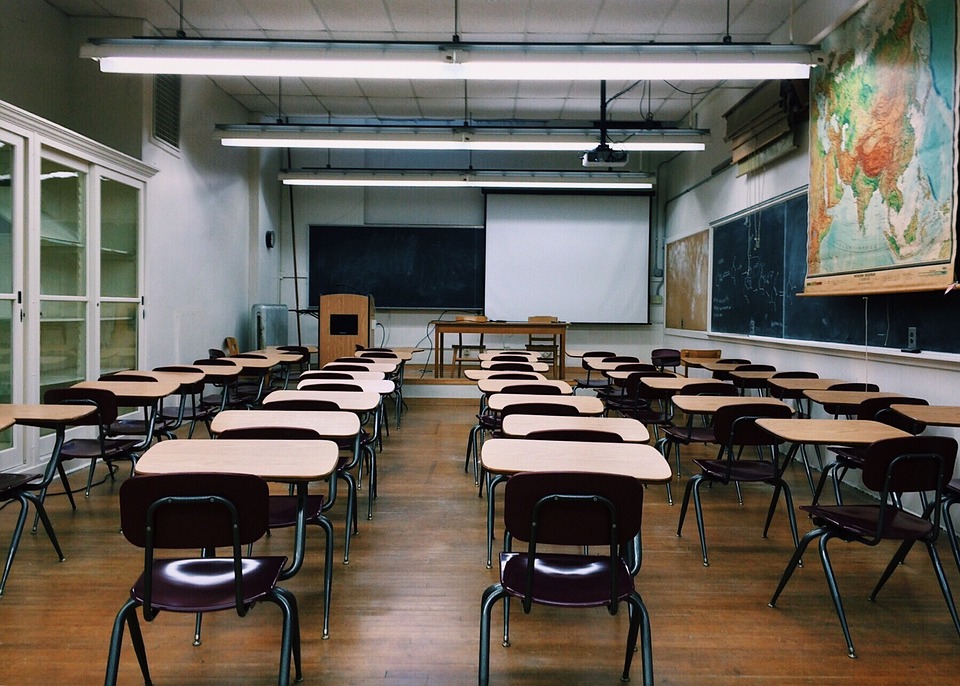Unlocking the Power of Effective Communication: The Role of Education
Introduction
Effective communication is not only essential for personal relationships but also plays a crucial role in various aspects of life, including education. As the world becomes more interconnected, the ability to communicate ideas, thoughts, and feelings effectively becomes increasingly important. In this article, we will explore the significance of effective communication in education and discuss how it can be unlocked to enhance learning outcomes for students.
Why is effective communication important in education?
Effective communication is the cornerstone of successful teaching and learning. It allows teachers to articulate complex concepts in a manner that students can understand, thus ensuring knowledge acquisition. When students can effectively communicate their ideas, they are more likely to actively engage in discussions, collaborate with peers, and express their thoughts confidently. Furthermore, effective communication helps students develop critical thinking skills, as they learn to evaluate, analyze, and present information in a coherent manner.
Teachers and the power of effective communication
For educators, effective communication is not limited to the delivery of content but extends to other crucial aspects of teaching. Establishing a positive classroom climate relies on clear and effective communication with students. By fostering open and respectful dialogue, teachers create an environment conducive to learning and encourage students to voice their concerns or seek clarification when needed. Moreover, teachers who can effectively communicate high expectations inspire their students to strive for academic excellence.
Enhancing student engagement and motivation
Education is a collaborative process, and effective communication serves as a catalyst for student engagement and motivation. Teachers who communicate with enthusiasm and passion convey the value and relevance of the subject matter, sparking interest and curiosity in their students. Additionally, incorporating interactive and participatory activities that encourage students to communicate and share their perspectives promotes a sense of ownership and motivation to learn.
Bridging cultural and linguistic barriers
In diverse educational settings, effective communication becomes even more crucial as it helps bridge cultural and linguistic barriers. Teachers who are skilled in communicating across languages and cultures can create an inclusive environment that respects and appreciates diversity. They can adapt their teaching methods to accommodate different learning styles and ensure every student feels understood and valued. By embracing and celebrating differences, effective communication fosters a positive learning experience for all students.
Technology and the changing landscape of communication
With the advent of technology, communication in education has taken on new forms. In the digital age, students and teachers have access to a wide array of tools and platforms that facilitate communication beyond the confines of the traditional classroom. From online discussion boards to video conferencing, technology enables real-time interaction and collaboration, expanding educational opportunities for students worldwide. However, it is crucial to ensure that technology is used in a way that enhances effective communication rather than replacing the essential human connection between teachers and students.
FAQs
1. What are the key skills needed for effective communication in education?
Effective communication in education requires active listening, clarity in expression, empathy, adaptability, and the ability to provide constructive feedback. Additionally, non-verbal communication skills such as body language, facial expressions, and eye contact are equally important.
2. How can teachers develop effective communication skills?
Teachers can develop effective communication skills through professional development programs, workshops, and continuous self-reflection. Seeking feedback from peers and students can also help identify areas for improvement. Additionally, exploring different instructional strategies and incorporating technology can enhance communication effectiveness.
3. What role does effective communication play in parent-teacher relationships?
Effective communication between parents and teachers is crucial for student success. By maintaining regular and open communication, parents stay informed about their child’s progress and can provide necessary support at home. It also allows teachers to gain valuable insights into the student’s individual needs and adapt their teaching accordingly.
Conclusion
In conclusion, effective communication is a powerful tool that can transform the education landscape. Both teachers and students benefit from effective communication, as it enhances knowledge acquisition, fosters collaboration, and boosts motivation. By recognizing the importance of effective communication and investing in its development, we can unlock its power and create a dynamic and enriching educational experience for all.






